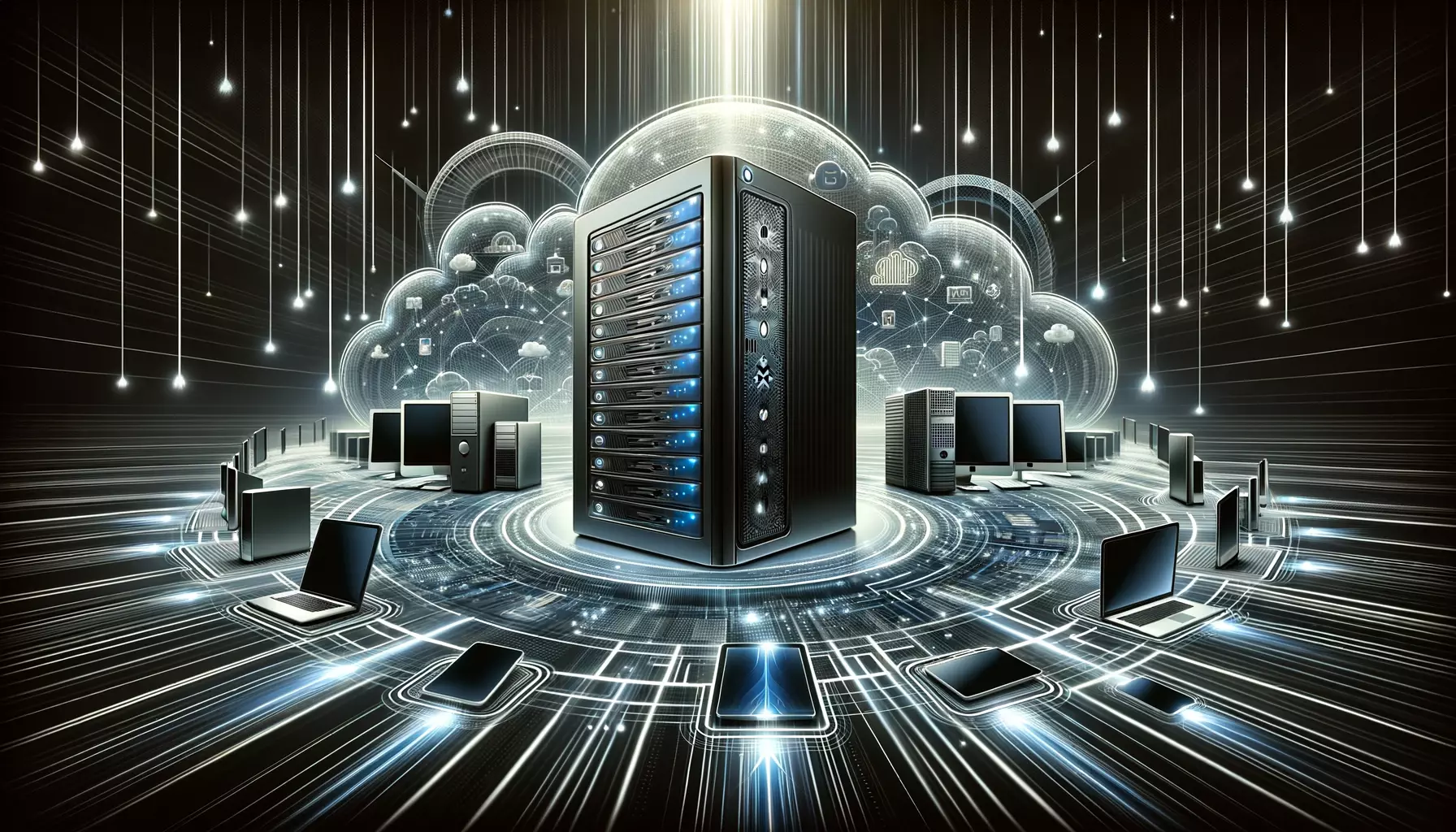Licences d'accès : Un contrôle efficace de l'utilisation de tes logiciels
Les licences d'accès sont un concept clé dans le monde des affaires d'aujourd'hui, en particulier en ce qui concerne l'utilisation des logiciels. Cet article te donnera une introduction complète sur les licences d'accès, comment elles affectent ton entreprise et comment tu peux les gérer efficacement.

Que sont les licences d'accès ?
Les licences d'accès sont des autorisations qui permettent aux utilisateurs d'accéder à certains logiciels ou services. Ces licences sont un élément essentiel pour garantir que tes collaborateurs, clients ou partenaires puissent utiliser les ressources dont ils ont besoin, tout en gardant le contrôle de leur utilisation.
Types de licences d'accès
Il existe différents types de licences d'accès, notamment :
Licences d'utilisateur unique Ces licences accordent à un seul utilisateur le droit d'accéder au logiciel. Elles sont idéales pour un usage personnel ou pour les petites équipes.
Licences multi-utilisateurs Les licences multi-utilisateurs permettent à plusieurs utilisateurs d'accéder au logiciel en même temps. Elles sont très répandues dans les grandes entreprises ou organisations.
Licences d'abonnement Les licences d'abonnement permettent d'accéder au logiciel pour une période déterminée. Elles sont flexibles et permettent aux entreprises d'adapter leurs licences en fonction de leurs besoins.
L'importance d'une bonne gestion des licences
Une gestion efficace des licences est essentielle pour minimiser les coûts et garantir la conformité. Une sous-licence peut entraîner des problèmes juridiques, tandis qu'une surlicence entraîne des dépenses inutiles. Une bonne gestion des licences permet de déterminer avec précision les besoins en licences et de s'assurer que tu disposes toujours du nombre nécessaire.
Le rôle de la dernière mise à jour du Help Desk de Google
Google a récemment publié une mise à jour pour son outil Help Desk, qui aide les entreprises à gérer efficacement leurs licences d'accès. Grâce à cette mise à jour, tu peux :
- Attribuer et gérer facilement les licences.
- Garder une vue d'ensemble des coûts de licence.
- Recevoir des notifications automatisées lorsque les licences expirent.
Cette mise à jour facilite la gestion des licences et permet d'économiser du temps et des ressources.

Conclusion
Les licences d'accès sont un outil indispensable pour gérer l'utilisation des logiciels dans les entreprises. Avec une bonne gestion des licences et l'utilisation d'outils comme la dernière mise à jour de Google Help Desk, tu peux augmenter l'efficacité et minimiser les coûts. Assure-toi de choisir les bonnes licences d'accès pour ton entreprise et de les gérer de manière optimale afin de garantir des processus fluides.






















































